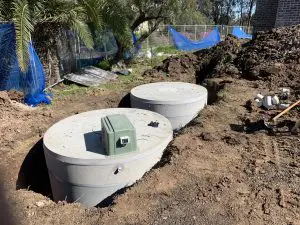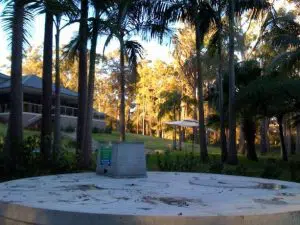How Do Grey Water Recycling Systems Work?
Introduction
Greywater is the wastewater that comes from washing machines, showers, and bathroom sinks. It is not as heavily contaminated as blackwater, which is the wastewater that comes from toilets and kitchen sinks, and can be recycled for non-potable purposes. Greywater recycling systems are designed to treat and reuse greywater to reduce water consumption and promote sustainability.
How do Greywater Recycling Systems Work?
Greywater recycling systems are composed of three main parts: collection, filtration, and distribution.
Collection
The first step in the greywater recycling process is to collect the wastewater from the sources where it is generated. This can be done using a separate plumbing system that diverts greywater from showers, washing machines, and bathroom sinks to a holding tank.
Filtration
Once the greywater is collected, it is passed through a series of filters to remove any solid particles or debris. Depending on the system, the filtration process may include a series of physical, biological, and chemical processes that remove contaminants such as hair, soap, and bacteria from the water.
Distribution
After the greywater is filtered and treated, it is stored in a separate tank until it is ready to be reused. The greywater can be used for irrigation, toilet flushing, and other non-potable purposes. Some greywater recycling systems use a separate plumbing system to distribute the recycled water, while others use a pump to distribute the water to where it is needed.
Benefits of Greywater Recycling Systems
Greywater recycling systems have many benefits, including:
- Reduced water consumption: Greywater recycling systems can reduce household water consumption by up to 50%, which can lead to lower water bills and reduced strain on local water resources.
- Improved soil quality: Greywater contains nutrients that can be beneficial for plants and can help improve soil quality when used for irrigation.
- Reduced strain on septic systems: Greywater recycling systems can help reduce the amount of wastewater that is sent to septic systems, which can help extend their lifespan and reduce the need for costly repairs.
- Improved sustainability: Greywater recycling systems promote sustainability by reducing water consumption and promoting the reuse of resources.
Conclusion
Greywater recycling systems are an effective way to reduce water consumption and promote sustainability. By collecting, filtering, and distributing greywater, these systems can help reduce strain on local water resources and promote a more sustainable future.
Eco-Septic is a Sydney based manufacturer and specialises in commercial wastewater systems of various shapes and designs. We can provide fast and free quotes relevant to your commercial wastewater needs, all while keeping in mind individual spending capabilities. Contact us today for a fast quote at 1800 808 135 or visit us at www.ecoseptic.com.au.
We cover all Sydney suburbs as well as the regions of South Coast, Snowy Mountains, Southern Highlands, Riverina, Blue Mountains and Hawkesbury, Laguna, North and Mid North Coast, Bateman’s Bay, Nowra, Mallacoota, Narooma, Balmoral, Cobargo, Glenn Ines, Avondale, Glenmore, Mogo, Targao, Torrumbarry, Albury, Faulconbridge, Maraylya, Sherbrooke, Strathdickie, Little Hartley, Linden, cattail, Bowen Mountain, Murrwillumbah, Kyogle, Bryon Bay, Lismore, Evan Heads, Yamba, Grafton and surrounding areas.
Related Posts
- What Are Domestic Wastewater Treatment Plants?
- Choosing the Right Septic System Design for your needs
- How Much Sewage Does A Household Produce?
- How does Wastewater and Greywater differ?
- Home Sewage Treatment Plants: What They Are And How Do They Work?
- Waste Not, Want Not: Transforming Septic Tank Sludge into Resources
- Understanding Septic Tanks: A Comprehensive Guide for Consumers
- The Economics of Septic Systems: Cost Savings and Long-Term Investments




